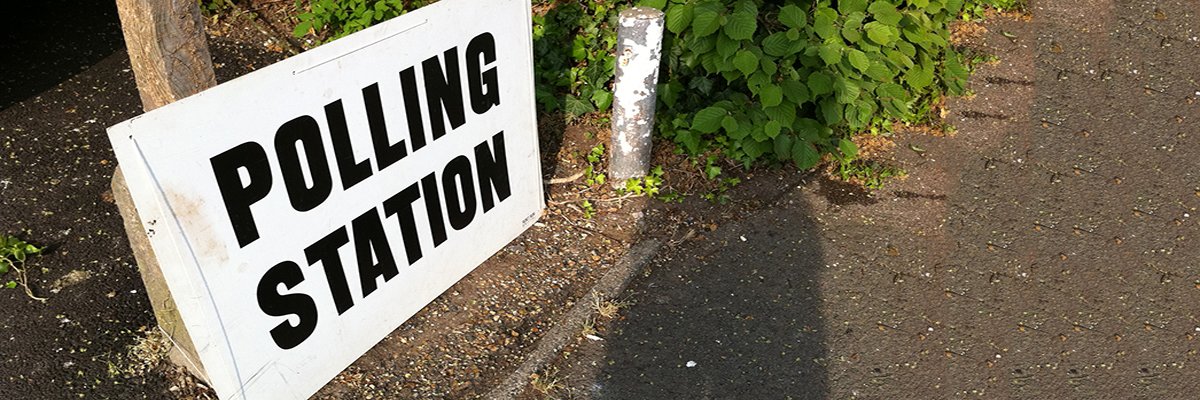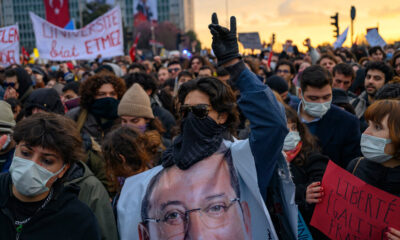Tech News
Safeguarding democracy from cyber threat peril

As the country prepares for upcoming elections, it is imperative to prioritize the cyber security of the electoral infrastructure. The government has issued a warning about the increasing geopolitical tensions worldwide that could potentially impact elections in 64 countries, representing nearly half of the global population.
Aside from the threat of nation-state actors interfering in elections, there is a growing concern about deepfakes, misinformation dissemination, and the emergence of hacktivists-for-hire, all contributing to a hostile environment. These threats stem from various entities with diverse motivations, including criminal organizations and state-sponsored threat actors.
One particular threat that requires attention is specialized arsenal malware loaders used by threat actors to infiltrate systems and pave the way for more dangerous malware to steal sensitive data, passwords, or contacts. An example of this is the APT28 (MASEPIE) group, suspected of compromising the Hillary Clinton campaign in 2016 to influence the US elections.
The rise of underground forums
There has been a concerning increase in illicit activities on the Dark Web involving the sale of public sector assets, such as election data. This includes voter registration records, election results, and internal communications, all of which can undermine trust in democratic processes or target specific voters.
Threat actors have claimed access to election systems in the Middle East and South America, offering them for sale at a price of $150,000.
These forums pose a serious threat to national and public safety in the worst-case scenario. Developing robust threat intelligence capabilities to detect underground activities early on may become essential for public sector organizations.
The rise of deepfakes
The upcoming general election in the UK coincides with significant advancements in AI and deepfake technology. The UK’s Cyber Agency has warned about the increasing use of realistic deepfake videos and other forms of disinformation to spread falsehoods. Instances of this include a deepfake audio clip of Sir Keir Starmer and a fake audio note of Mayor Sadiq Khan, both disseminating false information.
While there is limited evidence linking misinformation exposure to changes in voting behavior, its potential to undermine the integrity of electoral processes cannot be ignored.
Securing future processes
Given the complexity of the global political landscape, the UK has implemented various policies, including the establishment of the Defending Democracy Taskforce in 2022. By dedicating a team of experts to safeguard UK election security, the government is taking proactive steps to mitigate risks.
Cybersecurity threats are evolving with the rise of “attacks as a service,” making it easier for attackers to enhance their capabilities and harder to attribute incidents. Collaboration between government agencies from different jurisdictions is crucial to share best practices, raise public awareness, and reduce reliance on third-party digital technologies.
It is essential for the UK to prepare for worst-case scenarios in current and future elections by addressing all aspects of cybersecurity to uphold the integrity of the electoral process and democracy.
Interestingly, the traditional method of marking a ballot with a pencil and counting votes manually may prove to be the most secure part of the electoral process.
Barry O’Connell is EMEA general manager at Trustwave.
-

 Destination8 months ago
Destination8 months agoSingapore Airlines CEO set to join board of Air India, BA News, BA
-

 Breaking News10 months ago
Breaking News10 months agoCroatia to reintroduce compulsory military draft as regional tensions soar
-

 Gadgets4 months ago
Gadgets4 months agoSupernatural Season 16 Revival News, Cast, Plot and Release Date
-

 Tech News1 year ago
Tech News1 year agoBangladeshi police agents accused of selling citizens’ personal information on Telegram
-

 Productivity12 months ago
Productivity12 months agoHow Your Contact Center Can Become A Customer Engagement Center
-

 Gadgets4 weeks ago
Gadgets4 weeks agoFallout Season 2 Potential Release Date, Cast, Plot and News
-

 Breaking News10 months ago
Breaking News10 months agoBangladesh crisis: Refaat Ahmed sworn in as Bangladesh’s new chief justice
-

 Toys12 months ago
Toys12 months ago15 of the Best Trike & Tricycles Mums Recommend























